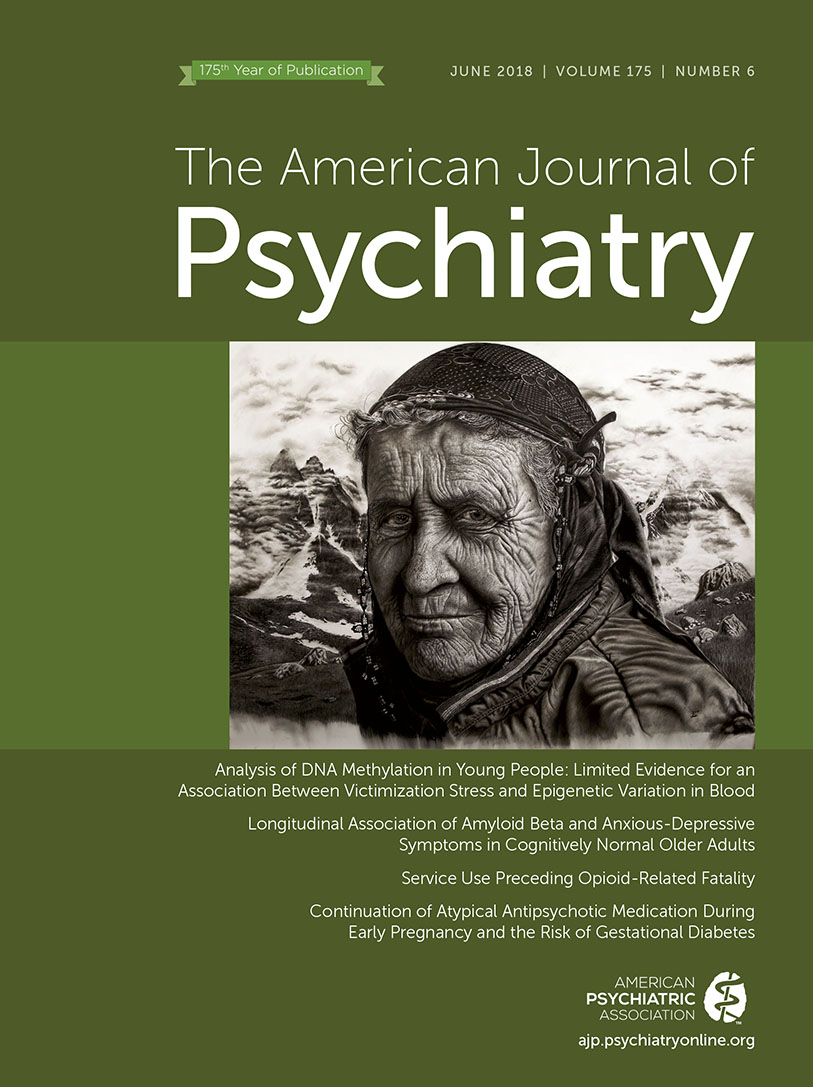Polygenic Risk Score for Alzheimer’s Disease: Implications for Memory Performance and Hippocampal Volumes in Early Life
Abstract
Objective:
Alzheimer’s disease is a heritable neurodegenerative disorder in which early-life precursors may manifest in cognition and brain structure. The authors evaluate this possibility by examining, in youths, associations among polygenic risk score for Alzheimer’s disease, cognitive abilities, and hippocampal volume.
Method:
Participants were children 6–14 years of age in two Brazilian cities, constituting the discovery (N=364) and replication samples (N=352). As an additional replication, data from a Canadian sample (N=1,029), with distinct tasks, MRI protocol, and genetic risk, were included. Cognitive tests quantified memory and executive function. Reading and writing abilities were assessed by standardized tests. Hippocampal volumes were derived from the Multiple Automatically Generated Templates (MAGeT) multi-atlas segmentation brain algorithm. Genetic risk for Alzheimer’s disease was quantified using summary statistics from the International Genomics of Alzheimer’s Project.
Results:
Analyses showed that for the Brazilian discovery sample, each one-unit increase in z-score for Alzheimer’s polygenic risk score significantly predicted a 0.185 decrement in z-score for immediate recall and a 0.282 decrement for delayed recall. Findings were similar for the Brazilian replication sample (immediate and delayed recall, β=−0.259 and β=−0.232, both significant). Quantile regressions showed lower hippocampal volumes bilaterally for individuals with high polygenic risk scores. Associations fell short of significance for the Canadian sample.
Conclusions:
Genetic risk for Alzheimer’s disease may affect early-life cognition and hippocampal volumes, as shown in two independent samples. These data support previous evidence that some forms of late-life dementia may represent developmental conditions with roots in childhood. This result may vary depending on a sample’s genetic risk and may be specific to some types of memory tasks.



